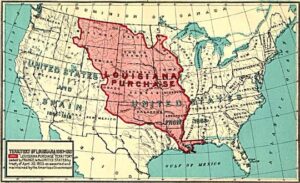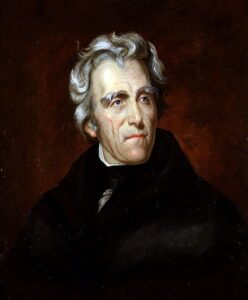Lincoln’s Meditation on the Divine Will
On this day in 1862, Abraham Lincoln wrote a brief but deeply revealing note to himself. At a dispiriting moment in the Civil War, Lincoln struggled to make sense of the ultimately unknowable will of God.
In the week prior, Lincoln had issued the Preliminary Emancipation Proclamation, announcing that on January 1, 1863, all slaves held in states still in rebellion against the Union would be declared free. Although the proclamation technically freed no slave, since only slaves in areas beyond Union control were included, it proclaimed the freedom of any slave who managed to reach the Union lines, and it issued a promise that freedom would come with the ultimate Union victory. In so doing it changed Union war aims, making the fight not simply an attempt to prevent secession, but also a fight against the slave-holding power, a distinction that would undermine the Confederate attempt to win foreign support for its cause.
Yet in September 1862, Union victory did not seem inevitable. Lincoln had communicated his worries to Vice President Hannibal Hamlin on September 28. Responding to Hamlin’s congratulations on the issuance of the proclamation—a move Hamlin had long urged—Lincoln noted a disturbing attrition rate in Union troops.
So on September 30, Lincoln began to accept a difficult possibility. Both sides in the war effort were praying to God for victory, but God could not favorably answer the prayers of both. Perhaps what God intended was an outcome neither side wished—that is, not a speedy victory, but a long, bloody, punishing struggle for both sides. Lincoln’s thoughts here flesh out an idea he would render eloquently in his Second Inaugural Address.
Read Lincoln’s “Meditation on the Divine Will.” You may wish to compare the provisions of the preliminary Emancipation Proclamation to those of the final proclamation.



